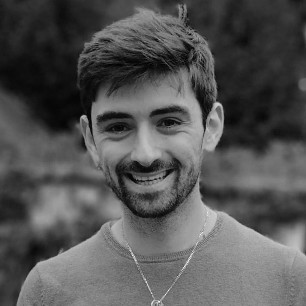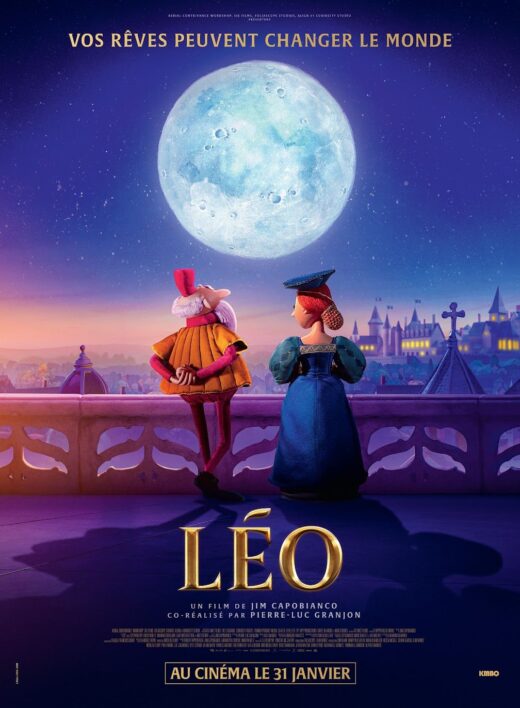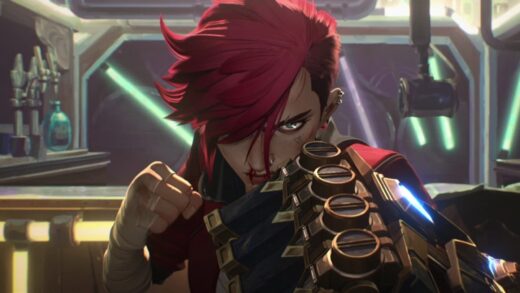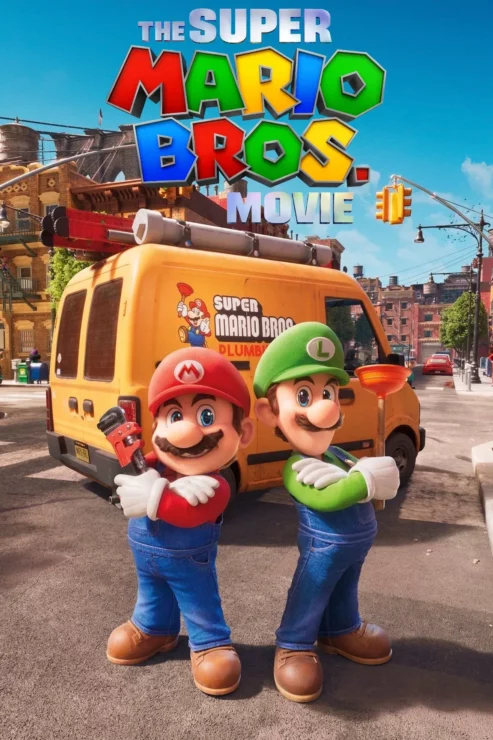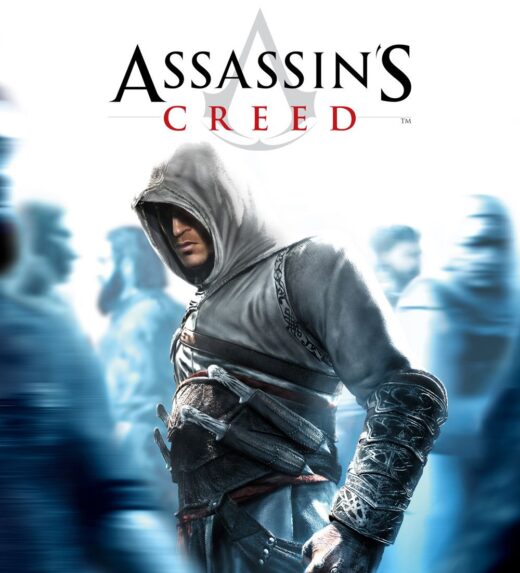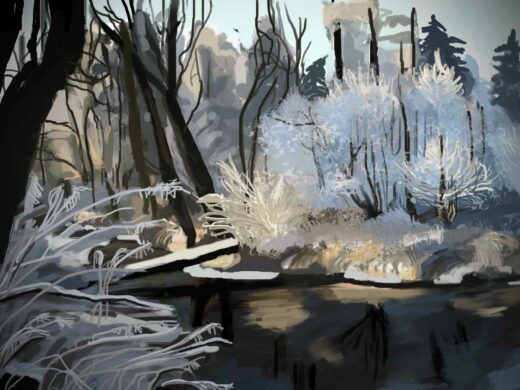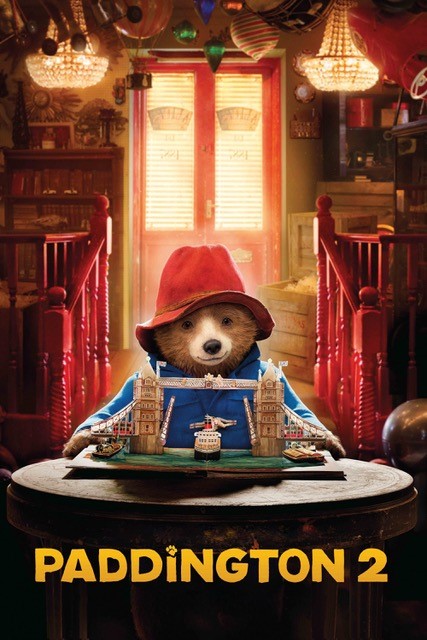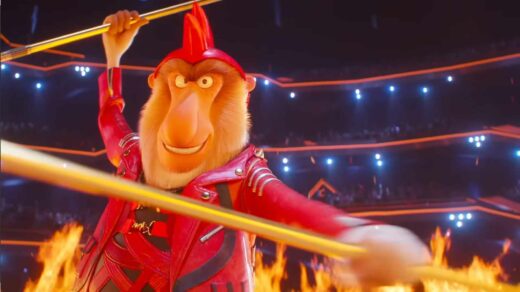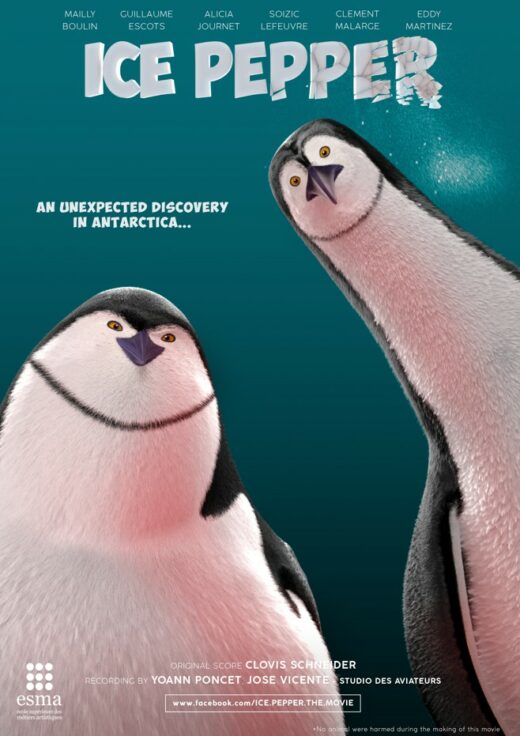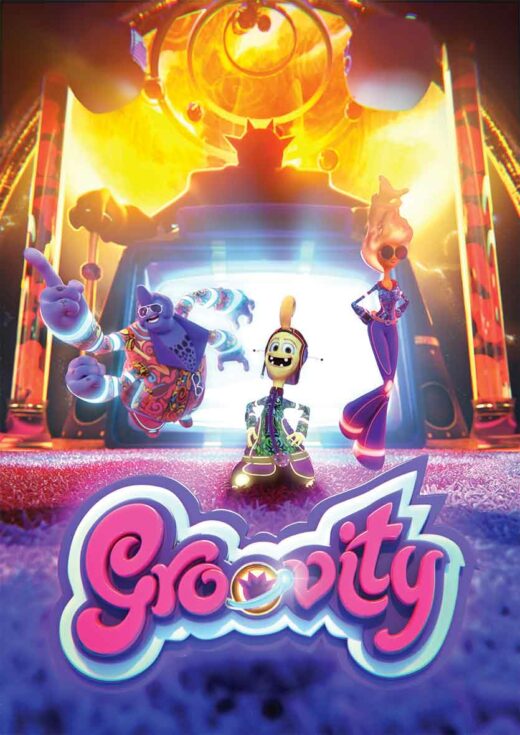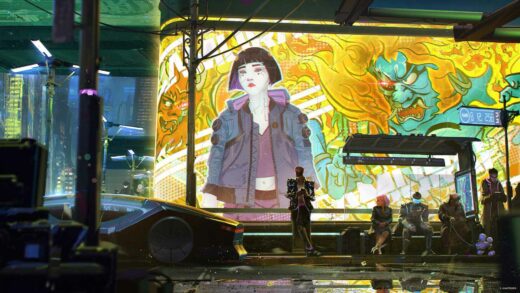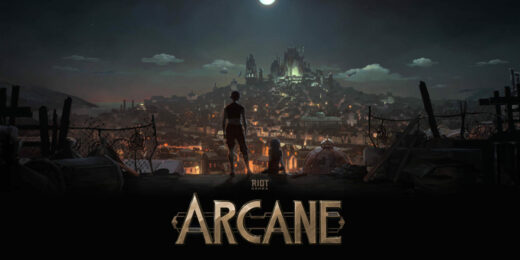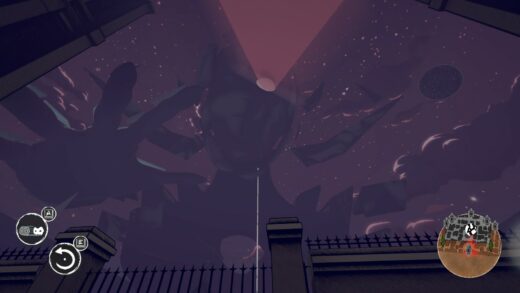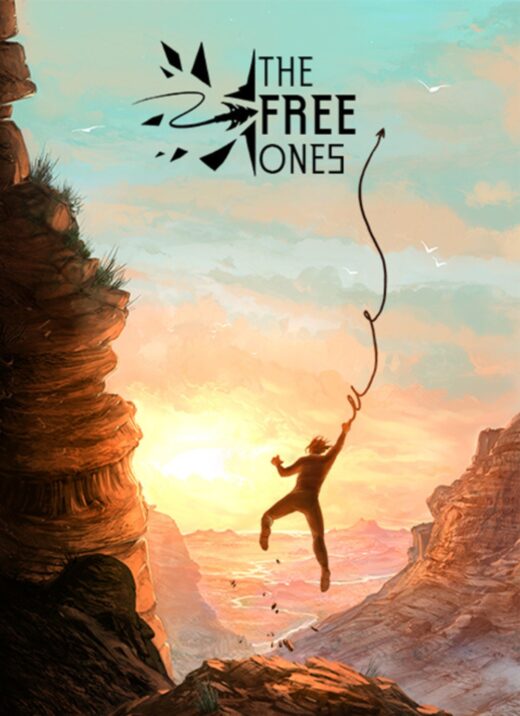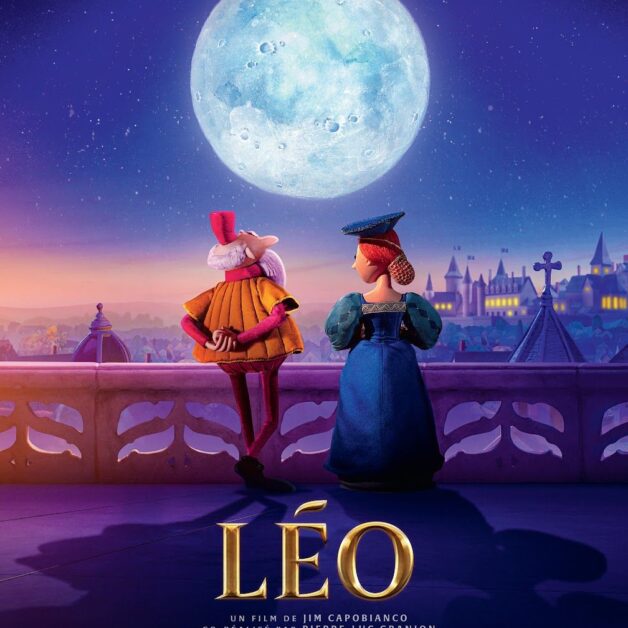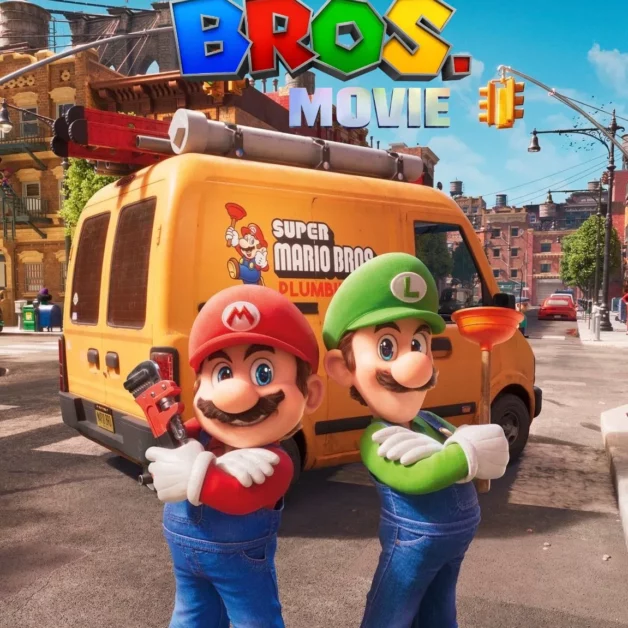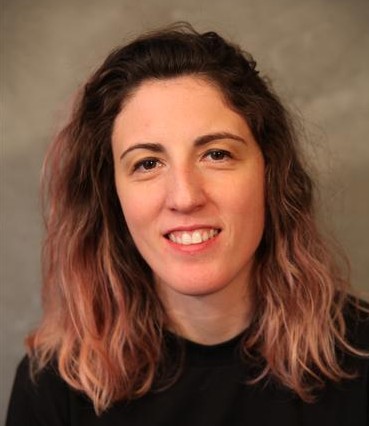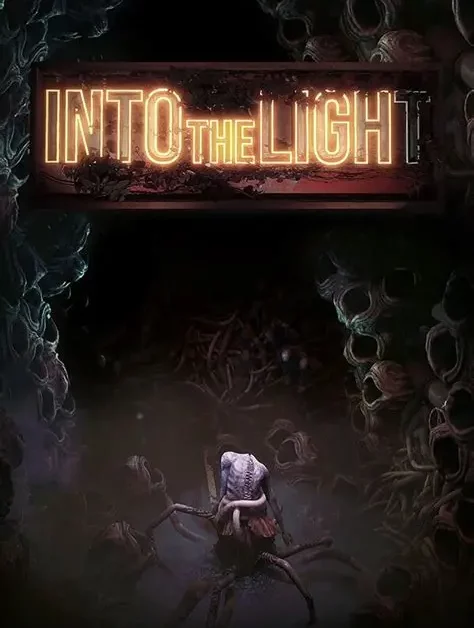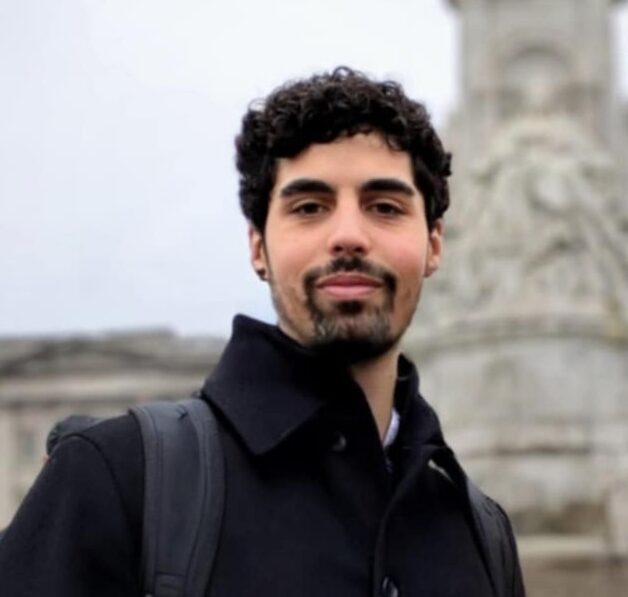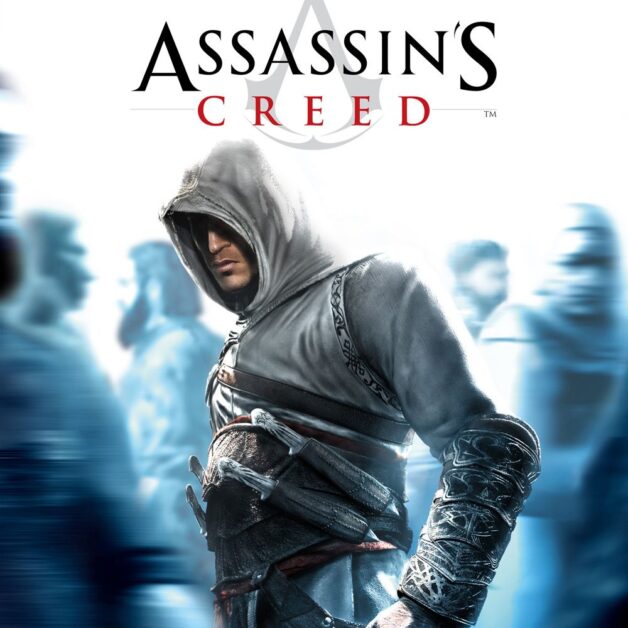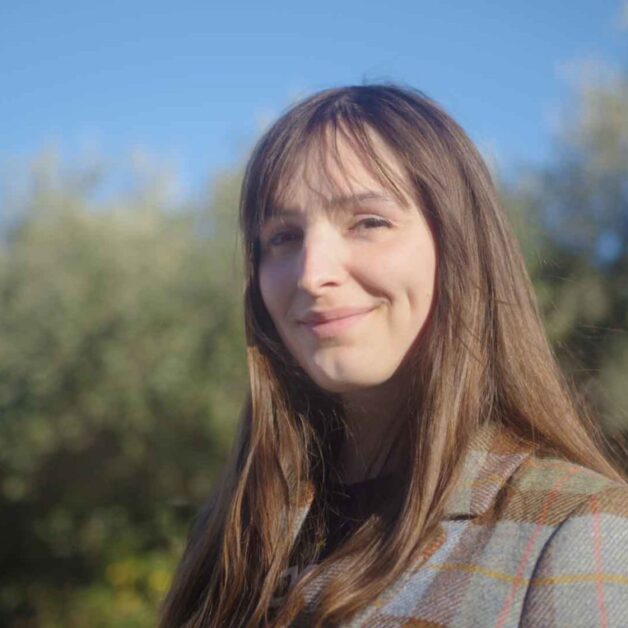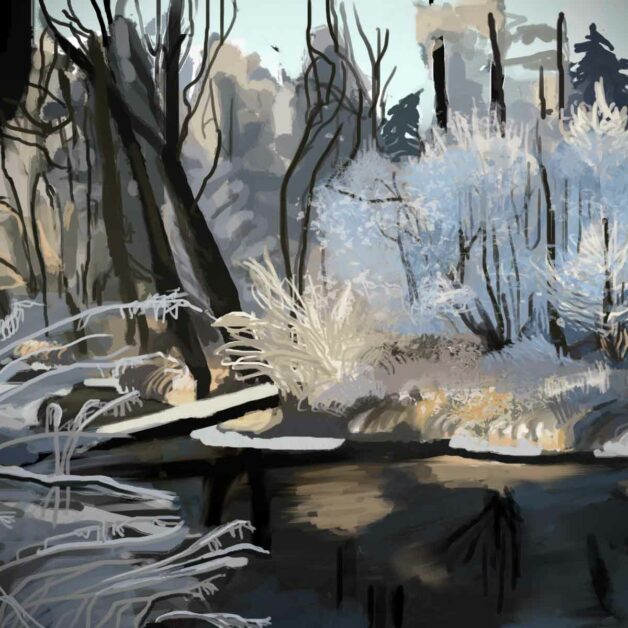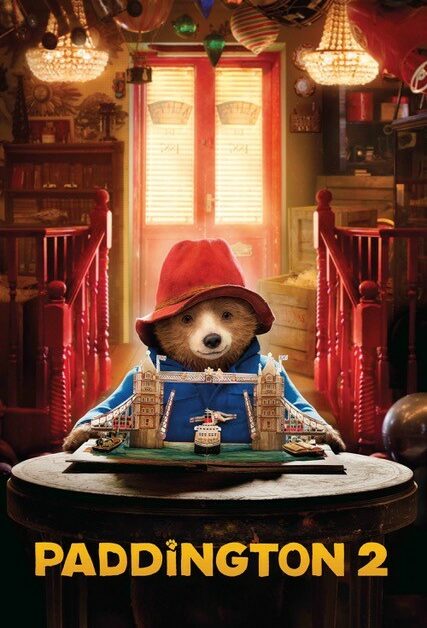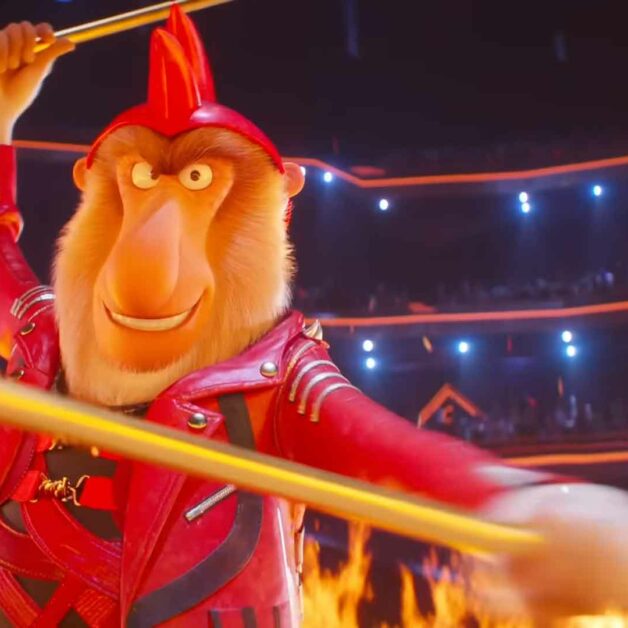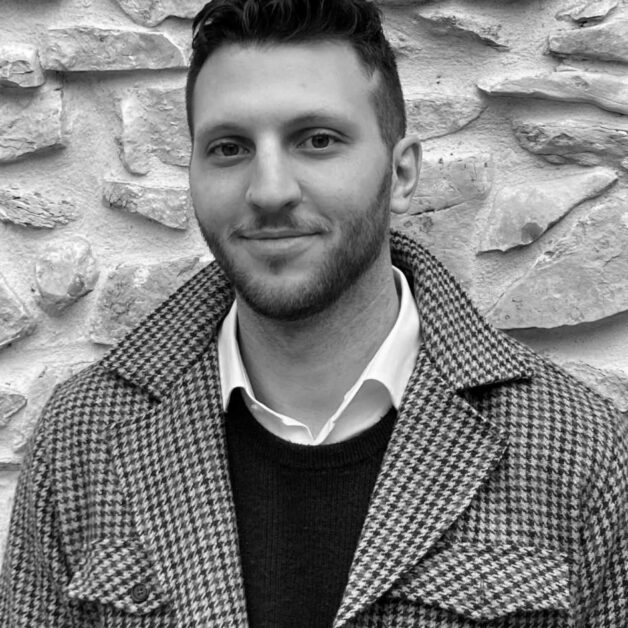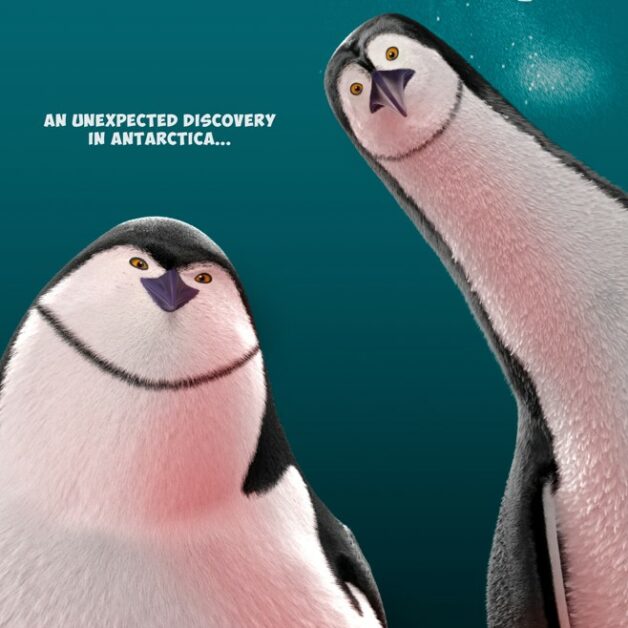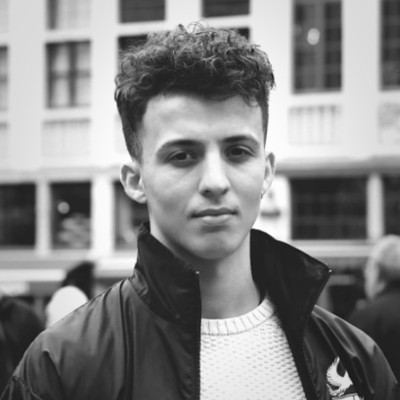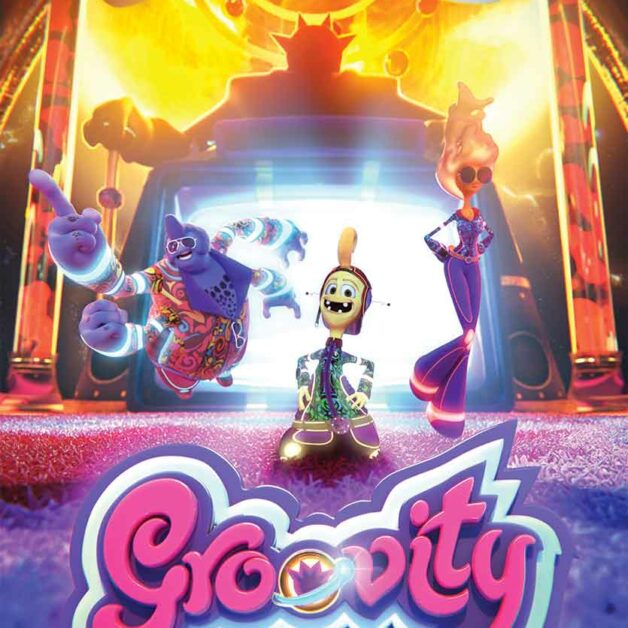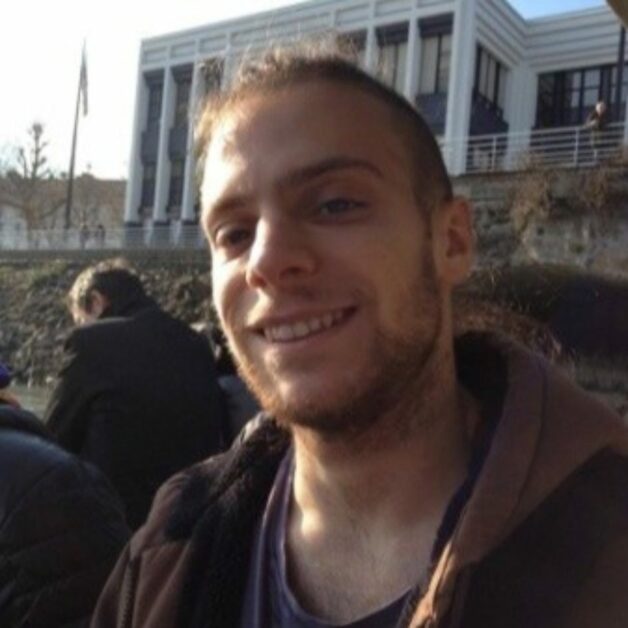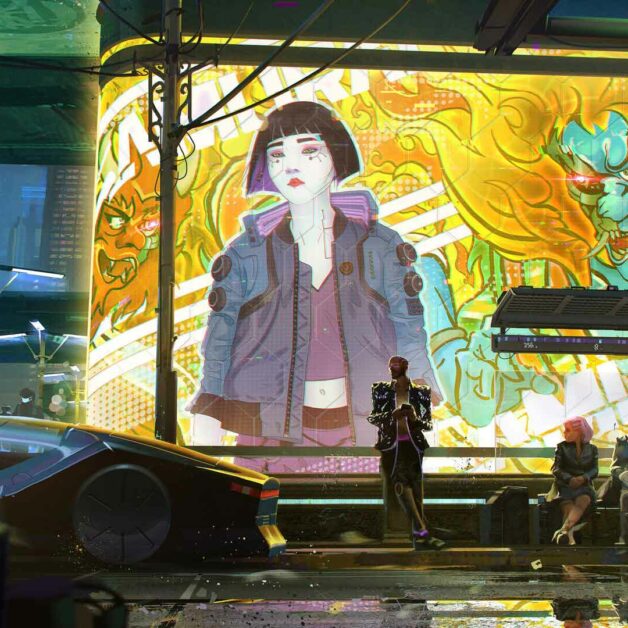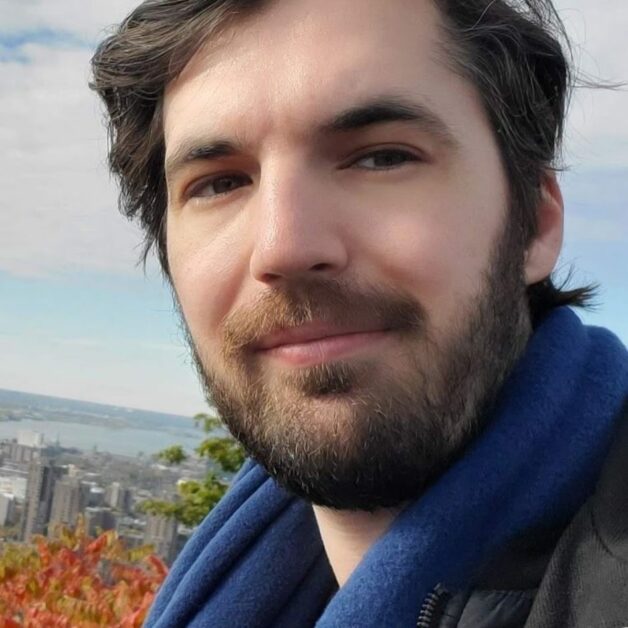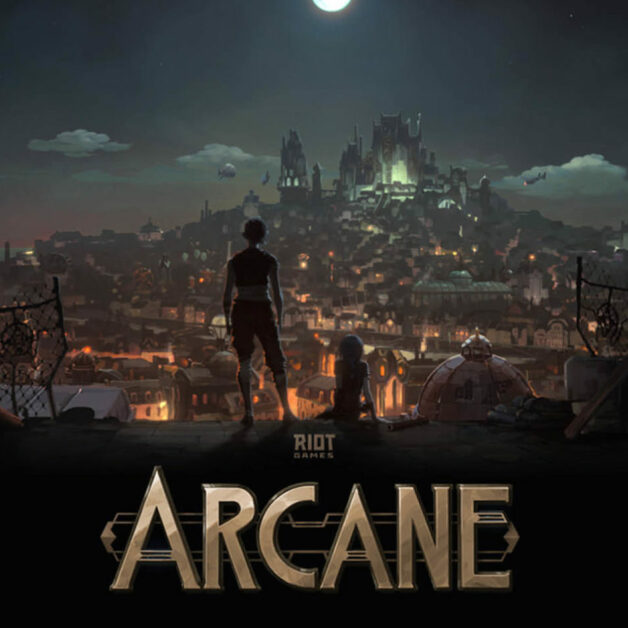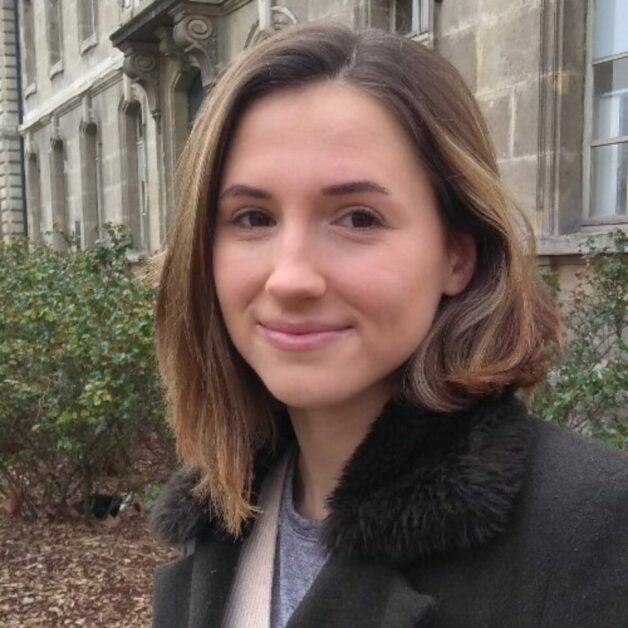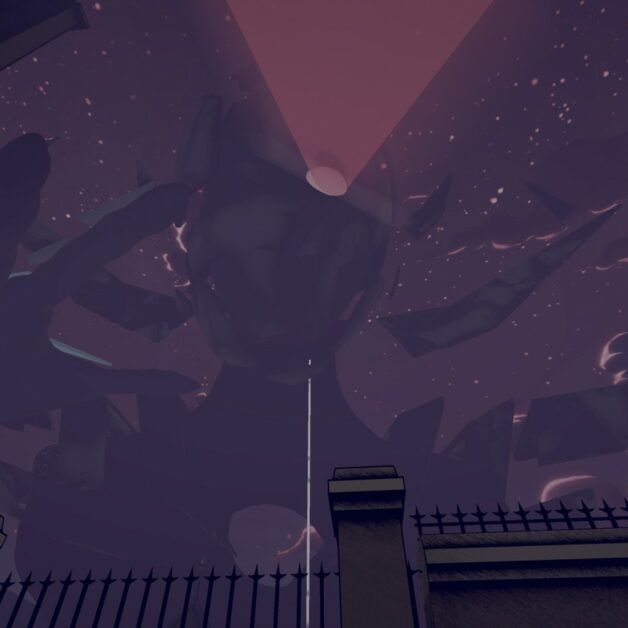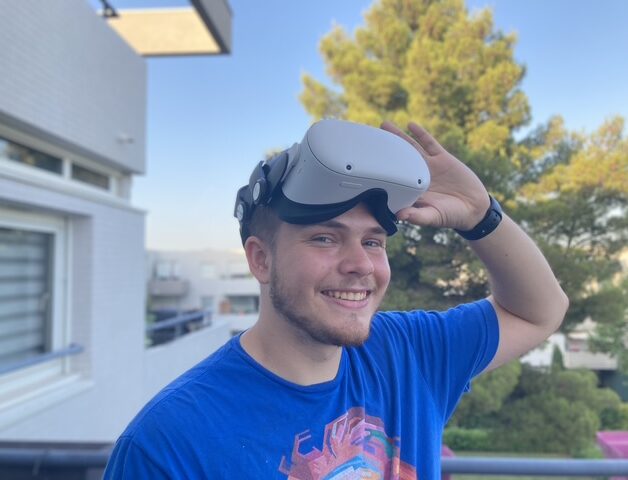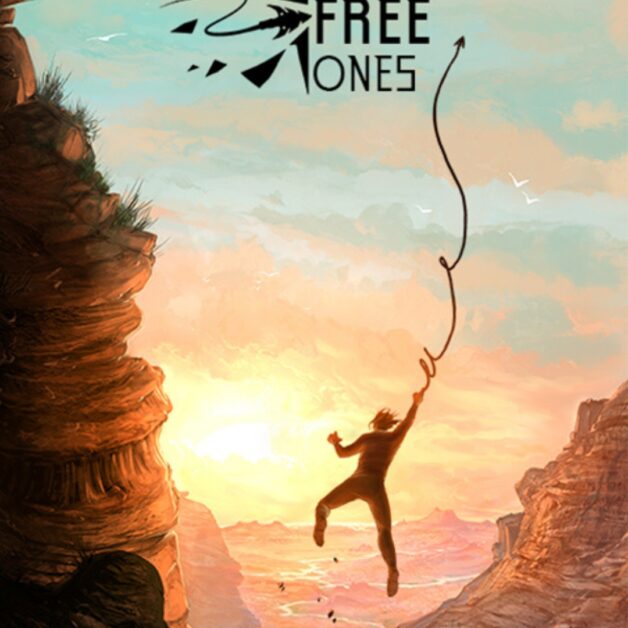Composing worlds and telling stories differently:
Although he initially set his sights on animated films, he eventually found his niche in video games, a more open, interactive field where the narrative is written in space.
He is now Senior World Builder at Novaquark, where he helps to create immersive, stylish environments.
He shares his unfiltered experiences with us: his early days, his formative mistakes, his ambition to create an independent game, and the advice he would have liked to have received when he started school.
Interview
In a few words, what is your current job?
I graduated from ESMA in 2016 and now work at Novaquark in Montreal as a senior world artist. My role is to model and set up backgrounds for the game.
In practical terms, I interpret the intentions of the artistic director and transpose them into the environments. I model the key elements of a scene, I create the textures…
It’s a bit like being a 3D painter: you compose an image, but in space.
As it’s a three-dimensional game, we can’t foresee everything, but we try to anticipate the places where the player will pass, and to create ‘vistas’, strong points of view that allow you to understand the whole environment at a glance.
Why did you choose video games?
I think we have a real relationship with the players. They’re people who interact directly with what we create.
As a designer, that’s very motivating. You can tell them things through what you’re building. This relationship, almost a dialogue, is very strong in video games.
How did you find out about ESMA?
When I was 15, I came across the ESMA short films and thought they were incredible. I wanted to make animated films at the time. After my baccalaureate, I enrolled in a preparatory course at ESMA, and was then redirected to the video game course, which suited my profile better.
What have you gained from training in video games?
Very much so. Firstly, the quality of the teaching: we had teachers who were still working in the sector, so they were very much in touch with the realities of the job. They taught us how production works and how teams are organised.
It also helped me confirm that this was the job I wanted to do. We touched on a lot of areas, including programming – and that’s something that’s really useful today. I can intervene in other aspects of the game if I need to, and the studios like that.
One subject I particularly liked was storytelling. The courses were very rich. In video games, the narrative is less linear than in film, and there are a lot of interactions to take into account. But with a few tricks up your sleeve, you can convey emotions and get something out of the players.
How did your school leaving go?
It took me six months to get my first job, and it was a great experience. I started at FarSky Interactive. It was crazy. I made a lot of mistakes – which I wouldn’t make again – but I learnt a lot. And seeing streamers playing the game I’d been working on… that was a really crazy feeling.
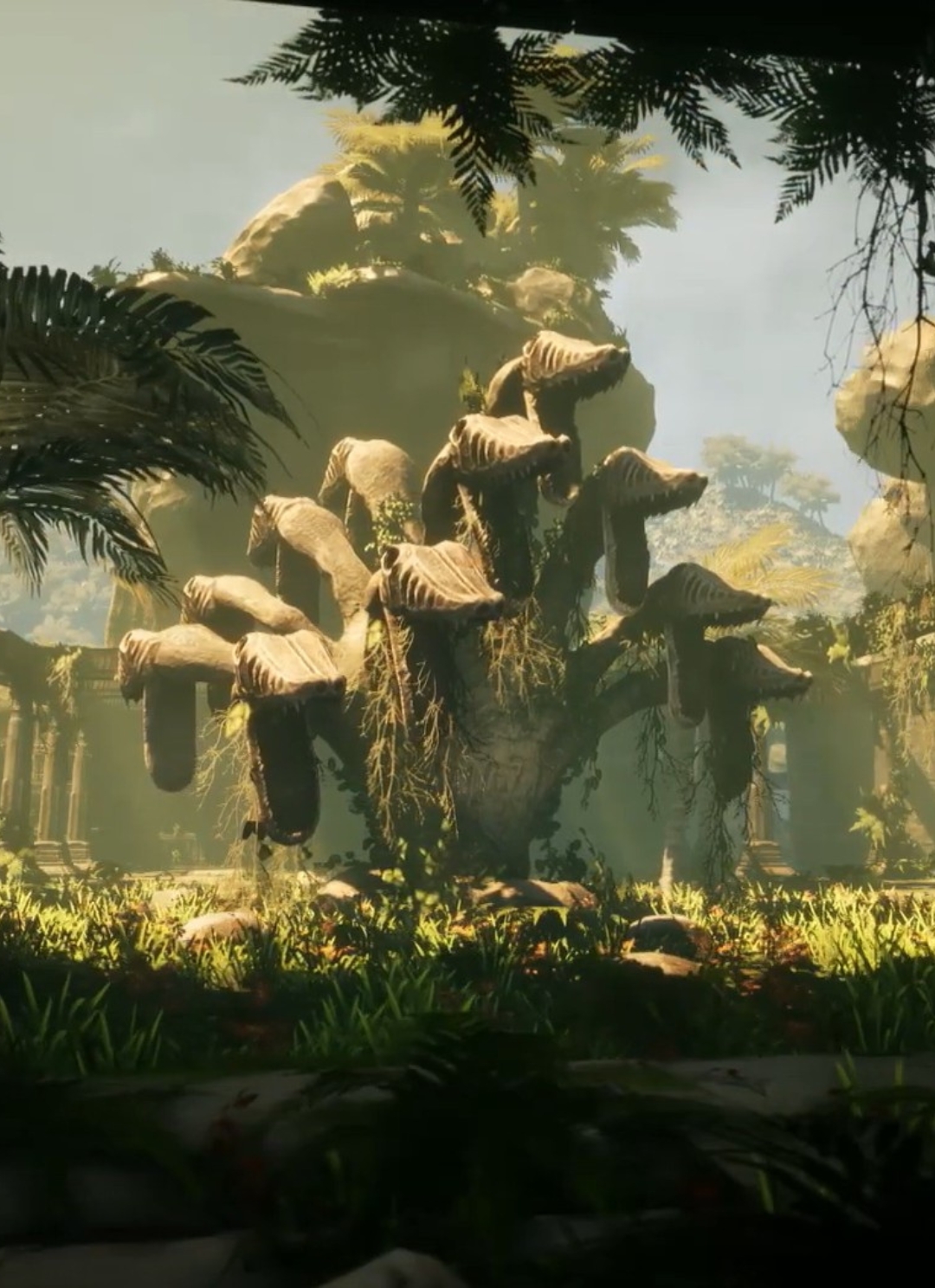
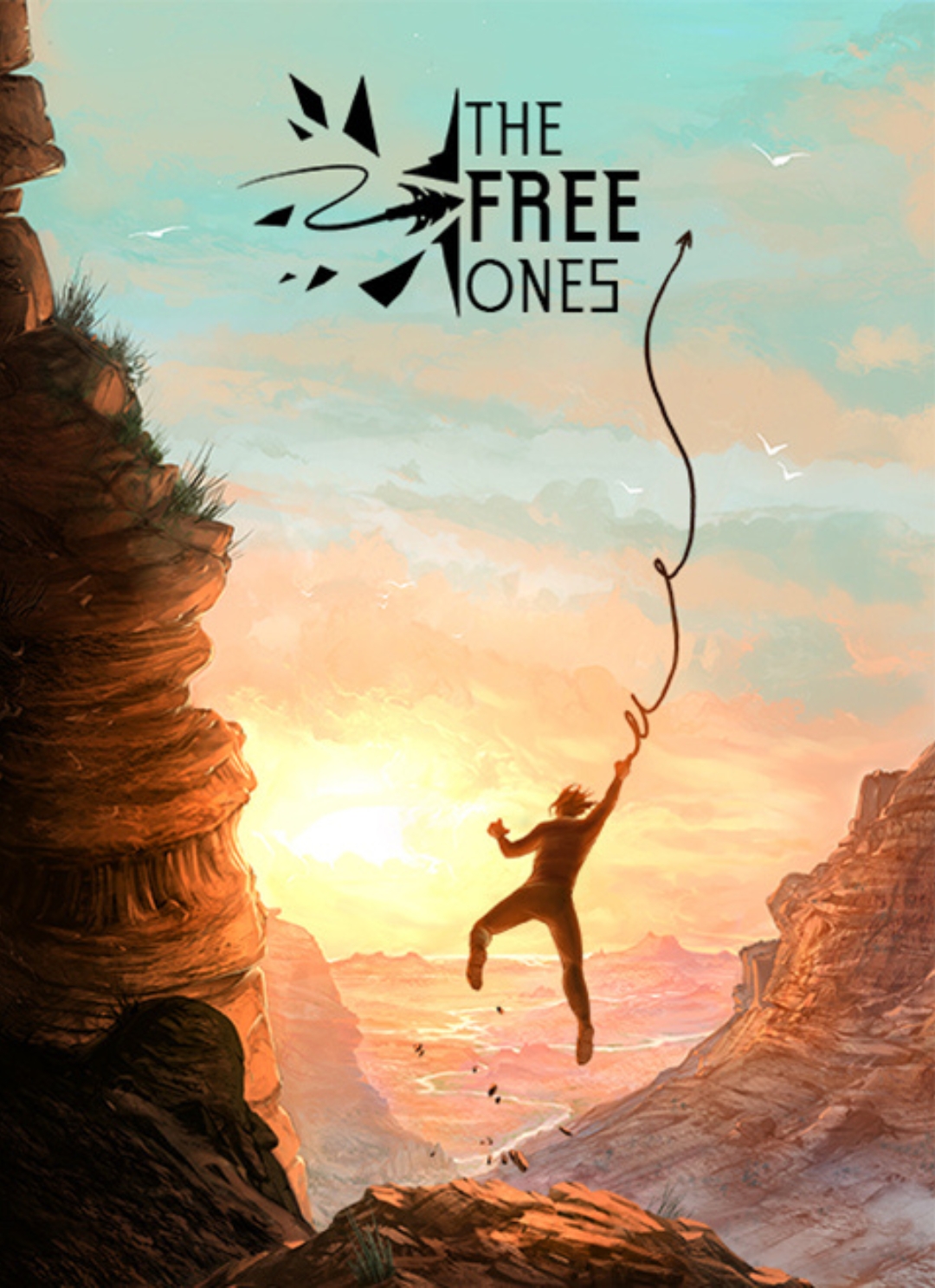
Which project are you most proud of?
This is my very first game: Free One. It’s a grappling game, with a character trapped on an island who has to get out. It was a small project, but it means a lot to me.
Are you currently working on a project of your own?
Yes. I’ve been developing a narrative horror game for four years now, alongside my job. It’s all about light. In terms of the environment, it’s an exciting thing to work on. My aim is for it to be a small success, and for me to be able to set up my own studio behind it. So that I can continue to make the projects I love.
Any advice for future students?
Hang in there. You have to be really motivated, put your ego aside and stay curious. Curiosity opens a lot of doors.
Don’t hesitate to talk to professionals in the sector. Many are approachable and happy to talk about their work.
And finally, ESMA offered me great training, both on a human and professional level. It’s a demanding job, but it can make you very happy.
Well, I am!
A big thank you to Alexandre Drouin for sharing his story with us and giving us a valuable insight into his experience at ESMA. We wish him every success in his future career and projects!
